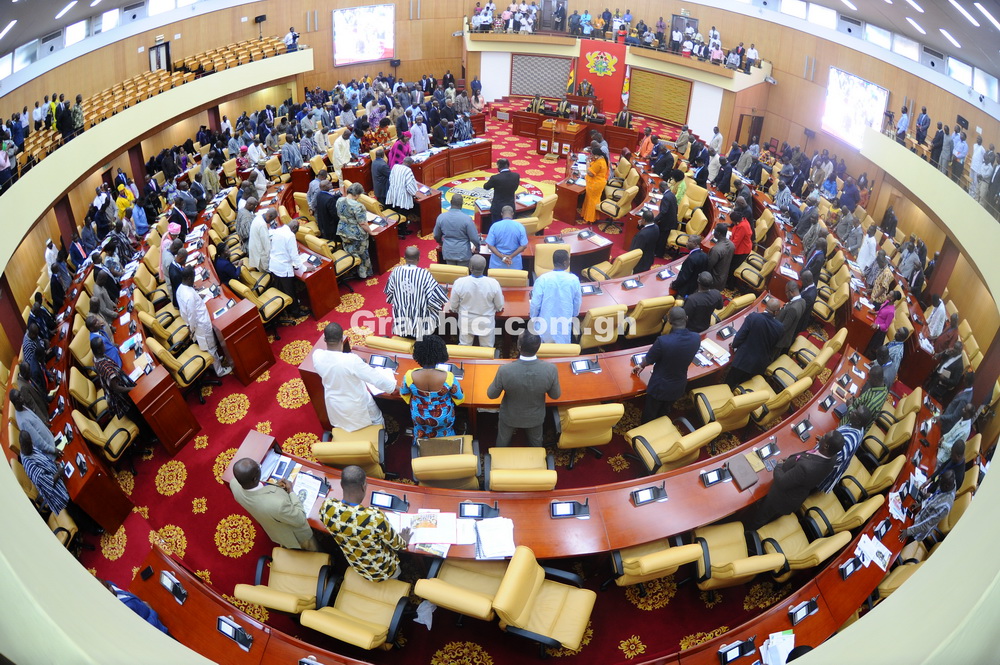
"Review RTI clause that shields information from Presidency"
Participants in a forum on the Right to Information Bill (RTI) are calling for a review of the clause in the bill that exempts information from the Presidency before the bill is passed into law.
They observed that even though there was sustained pressure for the much-awaited bill to be passed into law, the exemptions to information from the seat of government ought to be dealt with because it could make the law impotent.
Clause Five of the RTI bill, which is currently in the consideration stage in Parliament, states that information is exempt if prepared for the submission or submitted to the Offices of the President and the Vice-President.
Some ministries such as Monitoring and Evaluation, Business Development, Regional Re-organisation, Zongo and Inner City Development are under the Office of the President, which means that they will be covered by the exemptions.
However, speakers at a public dialogue on the bill organised in Accra yesterday (June 18) said exempting the Presidency from the RTI regime would mean that citizens would be denied vital information.
Dialogue
The dialogue session was organised by the RTI Coalition in collaboration with the Commonwealth Human Rights Initiative (CHRI) and STAR-Ghana.
Major stakeholders such as Members of Parliament (MPs), officials from the Commission on Human Rights and Administrative Justice (CHRAJ), governance experts, lawyers, and the media were present at the dialogue session which sought to critically peruse the RTI document and make key inputs before it was passed into law.
Don’t exempt Presidency
Taking his turn at the event, the Commissioner of CHRAJ, Mr Joseph Whittal, said the exemptions on information at the Presidency, under the guise of protecting vital state issues, would make the law a paralysed one.
"There is this argument that we need to protect vital state institutions, especially the Presidency and Cabinet in the RTI but what is the essence of leadership if citizens cannot get information from these key areas.
“It is not everything at the Presidency that should be untouched so we need to look at the bill again and make room for some level of disclosure there," he said.
He observed that access to relevant information in an RTI regime was critical to national development for which reason all forms of charges on citizens who sought information from institutions ought to be done away with.
Mr Whittal strongly asked for provisions to be made in the RTI bill for persons with disability (PWD) to have access to information in suitable forms.
Decentralise RTI
The Dean of Graduate Studies and Research at the Institute of Local Government Studies, Dr Eric Oduro Osae, advocated for the RTI regime to be decentralised if any desired impact was to be made.
He stressed that the bill in its current state had failed to look at the local government structures at the regional and district levels, saying that it would not be inclusive enough for people at the grass roots.
The local government expert also said there was the need to take a second look at the RTI document to make room for checks and balances among the three arms of government and separation of powers.
Mr Osae added that the appeals process in an RTI regime should not be limited to the High Court as was the case with the bill at its current state, saying that there was the need to extend to magistrate courts to make that service accessible to many citizens.
Widen scope
The Head of department of Public Law at the Ghana Institute of Management and Public Administration (GIMPA) Law School, Mr Edmund Foley, said some problematic clauses in the RTI bill had implications on national development and ought to be dealt with.
He added that an RTI law ought to live alongside other laws in the country.
